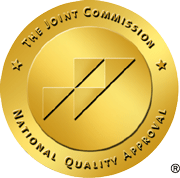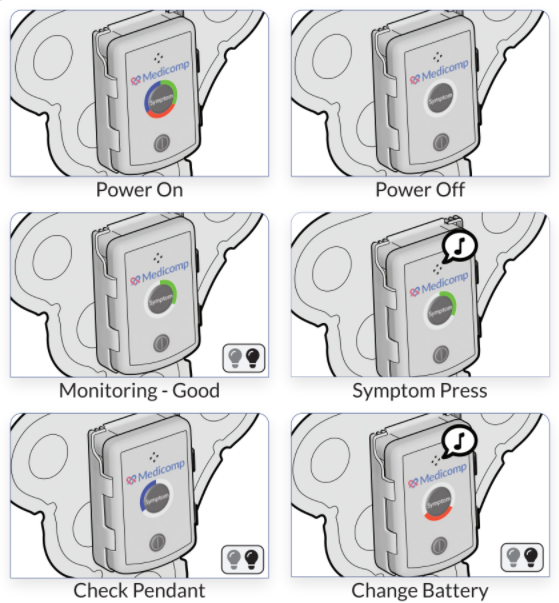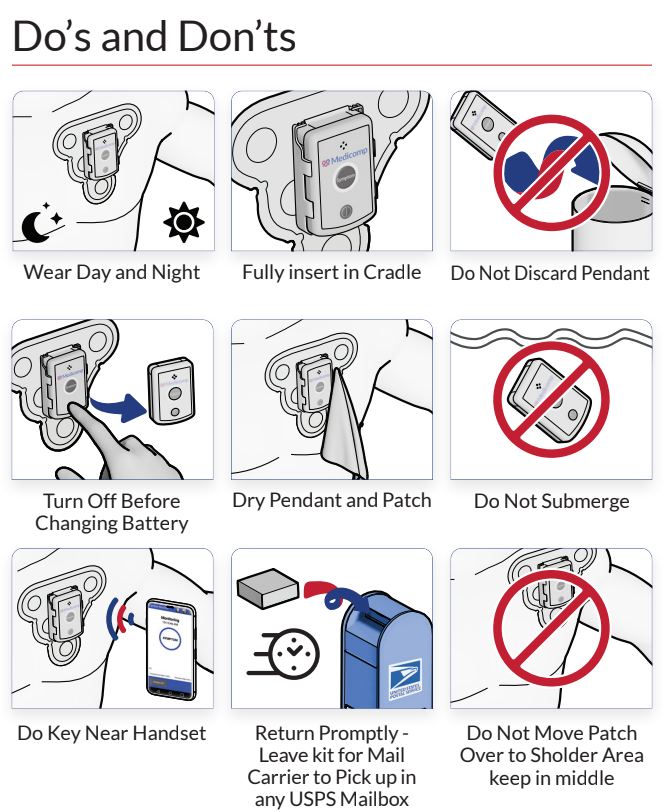A recent study added another link in the growing chain of research tying sugary soft drinks and other sugar-laden beverages to an increased risk of heart disease. The study focused on the amount of sugar in a typical beverage, such as sweetened tea, a soft drink, energy drinks, and fruit juice. Most of these contain two simple sugars, fructose and glucose, in an amount equal to approximately nine teaspoons (35 grams). Simple sugars are easily digested and used rapidly in the body, quickly spiking blood glucose levels and increasing heart rate.
Evidence suggests that consuming 1-2 sugary beverages daily increases the risk of heart attack and heart disease by 35%, stroke by 16%, and Type II diabetes by 26%.
While manufacturers of drinks containing simple sugars point out that their products do not “…uniquely cause illness,” these drinks account for half the sugar intake in a typical diet. Because it is hidden in a liquid form, sugar in drinks is often overlooked, thereby falsely leading consumers into believing their diets are otherwise low in sugar.
The abundance of readily-available sugar consumed while drinking a sugary beverage affects the body in several ways: glucose spikes blood glucose concentrations, driving up insulin levels. When this happens often enough, an individual may develop Type II diabetes. Compounding this fact is that diabetes often leads to heart disease. Fructose, the second form of simple sugar found in soft drinks, stimulates the liver to release LDL (“bad”) cholesterol into the bloodstream, and eventually leads to fatty liver disease. Fructose is also responsible for an excess of uric acid in the blood. Uric acid tends to accumulate in joints, leading to an inflammatory arthritic condition known as gout. This inflammation is also a factor in heart disease.
Lastly, the over-consumption of any sugary product leads to excess body weight. Unless calories consumed are equal to or less than calories burned, the sugar in sodas and other beverages is stored as adipose (fat) in the body’s tissues. Adipose cells need nutrients just like other body cells and demand a blood supply. Excess tissue requires maintenance and the heart to work much more diligently to pump nutrients into these areas.
Keep your heart healthy by eliminating or cutting back on sweetened fruit juices, sodas, energy drinks, or any other pre-sweetened beverages. For more information concerning heart health, read our heart health blogs. To learn about the latest technology in remote cardiac monitoring, call us at (800) 23-HEART (234-3278).



